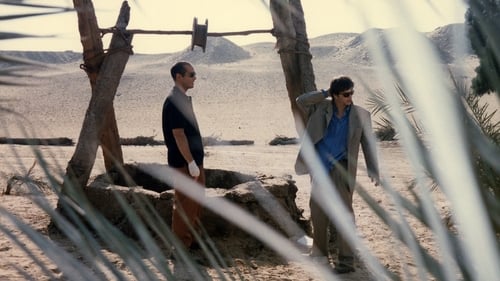Randa Chahal Sabbag
Nacimiento : 1953-12-11, Tripoli, Lebanon
Muerte : 2008-08-25
Historia
Randa Chahal Sabbag is among the most talented filmmakers of her generation, and though she has received numerous international awards, including the prestigious Silver Lion at the 2003 Venice International Film Festival, her body of work remains relatively unknown.
Most subjects dealt within the filmmaker’s nine fiction films and documentaries present unexpected encounters between the absurdity of war stories and the gentle bitterness of solitary, thoughtful characters.
Known for their satirical tone and trenchant dialogue, Randa Chahal Sabbag’s films have long been considered provocative, upsetting a certain convention or political correctness.
Moreover it wasn’t until 2003, when her film The Kite received the Silver Lion award, that film critics began to recognize on her work.




